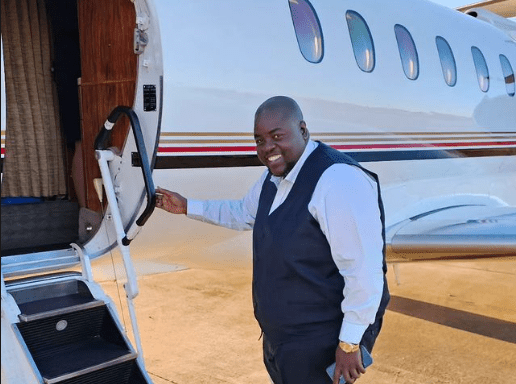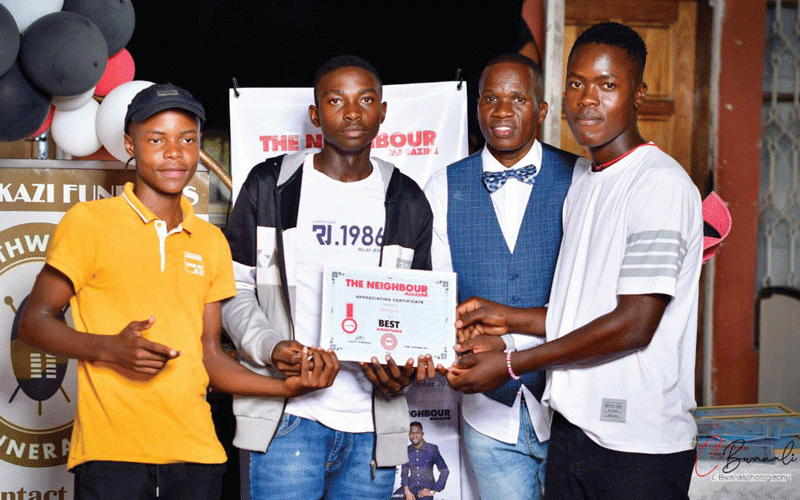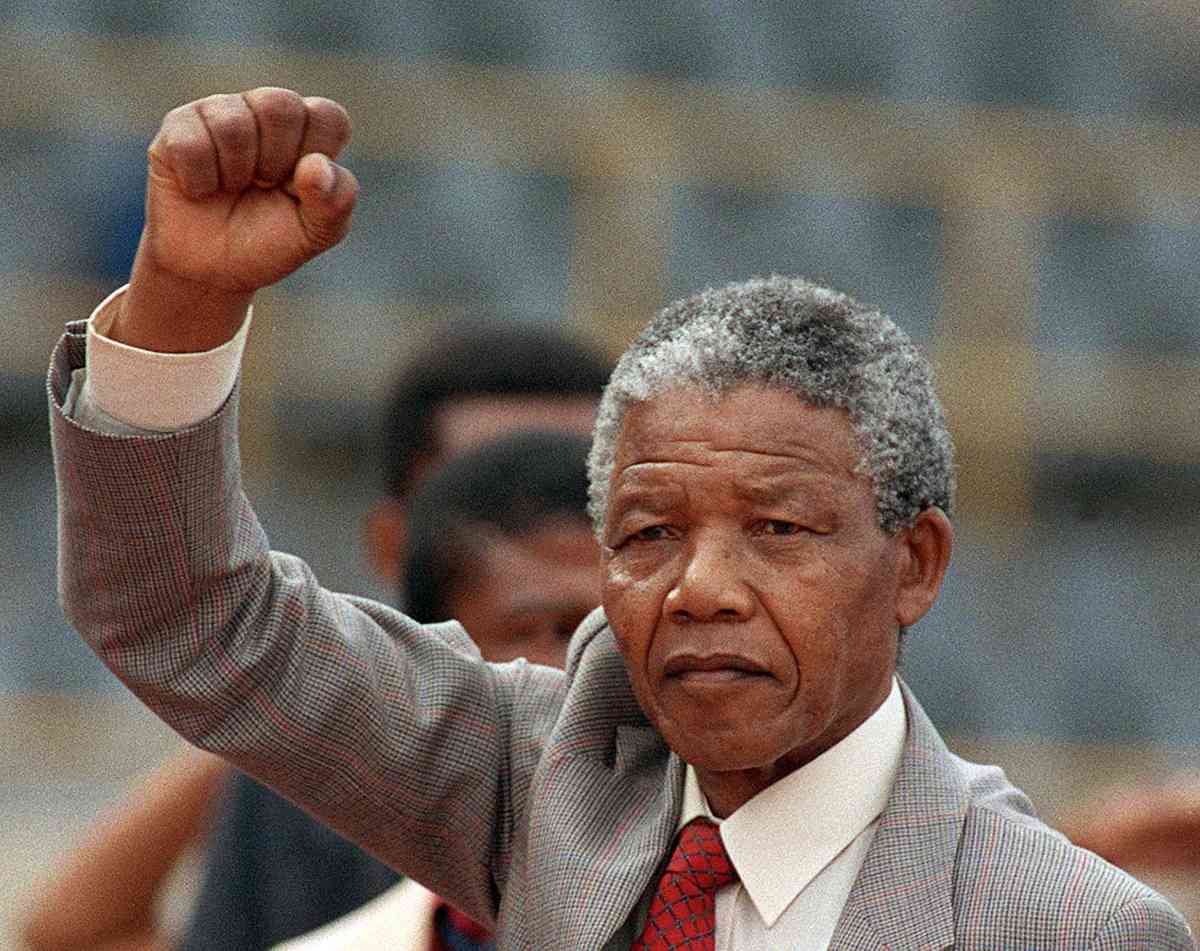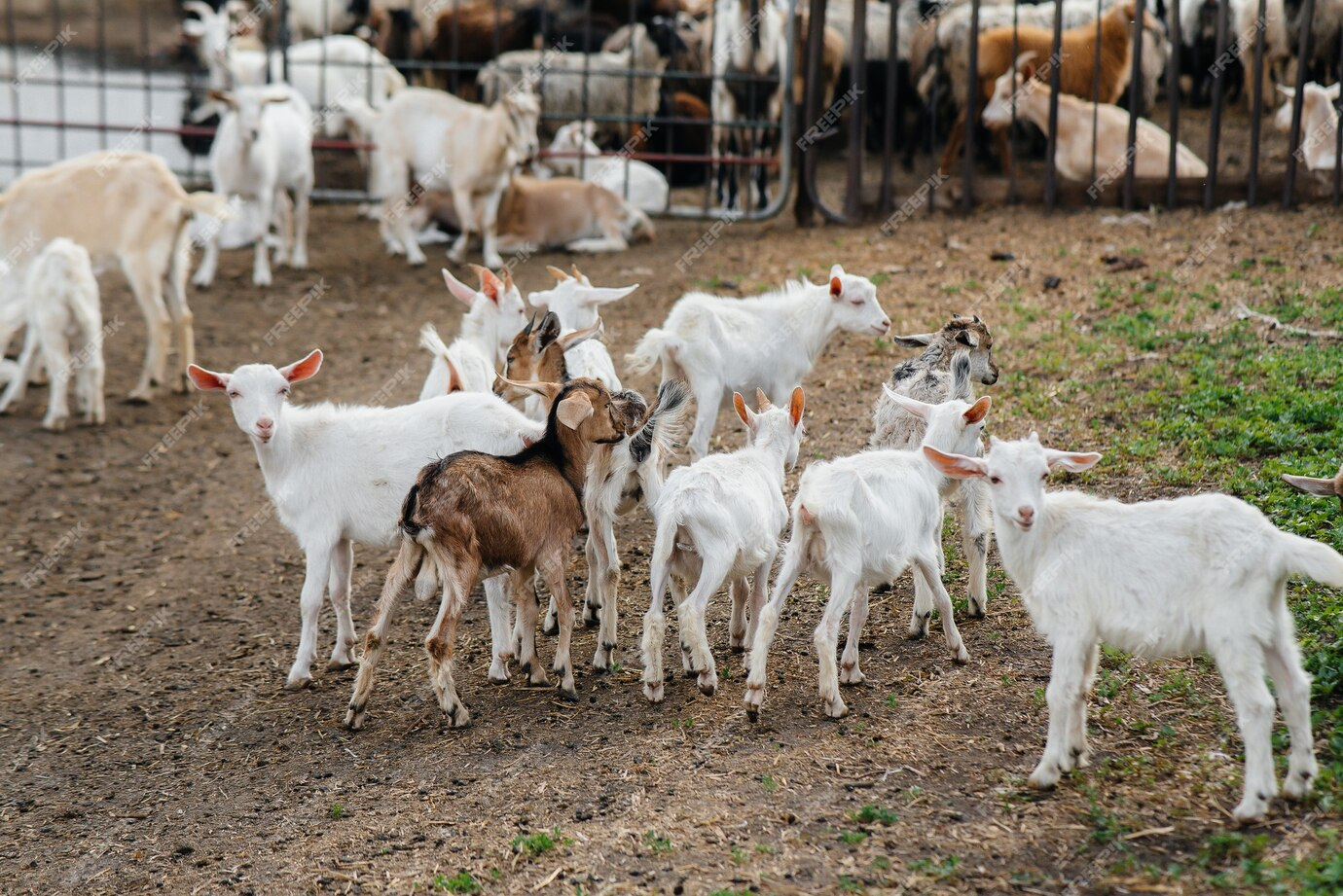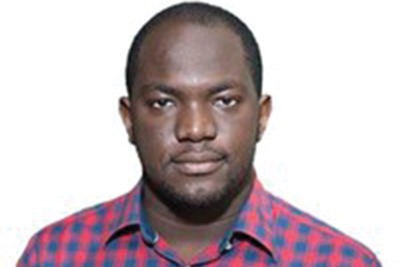
IN April, famed South Sudanese journalist, Alfred Taban, passed away in Kampala, Uganda. A former BBC correspondent, Taban was among the first reporters to cover the genocide in Darfur. On a continent, which continues to struggle with corruption, poor governance, and political instability, African journalists, such as Taban, are critical in holding governments accountable.
Yet it is becoming more and more difficult to be an African journalist, thanks to both widespread hostility from governments and increasing financial pressures.
Donors play a crucial role in extending a lifeline to Africa’s independent media. However, despite their best intentions, donors often make missteps in funding African media projects, undermining the media sector that they are trying to help.
Here are three common mistakes donors make in funding Africa’s media projects.
Funding is spent on trainings and workshops
Donors tend to spend their funds on short-term, cosmetic interventions, which fail to address the systemic constraints that beset Africa’s media. Just as development organisations can overly focus on capacity building initiatives, donors channel the majority of their efforts into trainings and workshops, believing that African reporters need to hone their journalism skills. But, this is often not the case. Most African journalists know what constitutes good reporting; they speak with multiple sources, support claims with primary sources, and provide critical analysis.
Whereas the quality of reportage has been underwhelming, it is not as a result of the lack of education on the part of journalists. What undermines local journalism is the lack of finances and unviable business models, which subjects most outlets to the control of their patrons. At The ScoopNG, where I am an investor and editorial team member, we dropped an advertiser who sought editorial control and declined several offers to publish stories in exchange for payment.
The vast majority of African media platforms are not as fortunate as TheScoopNG (although maintaining this stance has placed the platform in a situation where it is cash-strapped).
- Chamisa under fire over US$120K donation
- Mavhunga puts DeMbare into Chibuku quarterfinals
- Pension funds bet on Cabora Bassa oilfields
- Councils defy govt fire tender directive
Keep Reading
Underfunded media platforms in Africa are unable to pay their reporters, who depend on their sources to pay them for positive coverage. Brown envelope journalism is so deeply entrenched that, in Nigeria for example, most newspapers do not pay their staff. Instead, they expect their journalists to earn a living by soliciting bribes from their sources. Underpaid and crunched for time, local journalists often reprint press releases or report stories citing one source. As a result, stories in the local press become regurgitative, poorly written, unimaginative, and biased, undermining the ambitious aims of journalistic rigor workshops hope to accomplish.
Funding is project-based
If donors fund Africa media projects beyond training, the scope of the financing is project-based, which curbs local media houses’ ability to plan for the future. From a donor’s perspective, tying funding to six-month or one-year projects, for example on elections or a specific anti-corruption campaign, makes good budgetary sense. Not only does it hold local media houses accountable for the spending, it is easy to measure funding outcomes. Lacking strong business models, some African media outlets depend on these grants to stay financially afloat.
But this dependency has a negative impact on the long-term health of local reporting. Journalists in Africa are sometimes derided as “professional workshop attendees”; if that is the case, then editors have turned into professional grant writers. Chasing short-term funding and filling out grant applications every few months reduces the amount of time that editors have for setting the editorial agenda of their media platforms.
Local media platforms become stunted, and are not able to plan and build for the future by recruiting an experienced team; expanding editorial; and tackling ambitious stories that serve the public good. Donors like Open Society, Omidiyar, Bloomberg and Ford Foundation should look to provide general support for African newsrooms, with a focus on building sustainable business models.
Donor-driven agendas
Finally, donors tend to finance investigative reporting that concentrates on a few subject matters, which often reflect stories that westerners find important. Donors gravitate to the same type of stories, such as hunger in the Horn of Africa, or ivory trafficking in East Africa, or government corruption in West Africa, which crowds out slower moving stories that take longer to produce and are not considered as relevant outside the continent. Stories that focus on government policy, the environment or health care are often ignored. Nonetheless, there are glimmers of hope:
non-traditional media donors like the Bill and Melinda Gates Foundation have helped to finance health reporting through outlets like Premium Times (Nigeria) and Bhekisisa (South Africa), but this is more the exception than the rule. Others have argued that this also makes newsrooms into advocacy institutions.
While important, a media landscape that solely awards, funds, or publishes a narrowly defined set of stories incentivises journalists to pursue incomplete, and distorted coverage.
While press freedom has made gains in some African countries, it is deteriorating in others. To support journalists, donors should reassess how they have been financing media on the continent.
Donor energies and funds should address the systemic problem of unpaid and under-resourced reporters by helping independent media platforms create sustainable business models. Donors can also provide grants and fellowships to these platforms that are on a rolling basis and adhere to milestones. Donor mandates that have a larger scope would allow for comprehensive reform and lead to greater impact and community ownership in Africa’s media.
Adewunmi Emoruwa is an investor in African media start-ups democratising access to information, including thescoopng.com and The Election Network. He is the lead strategist at Gatefield, a public strategy group.

